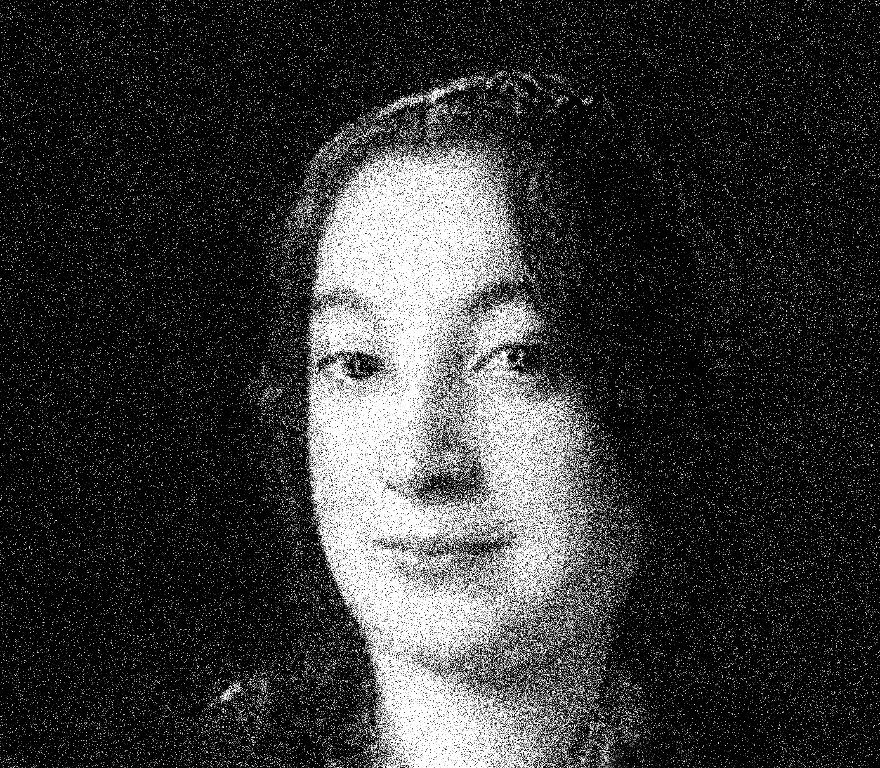The Enneagram is one of the classic personality tests used to gain insights into human behavior, motivations, and personality types. Rooted in ancient wisdom and popularized in the 20th century, it offers a deep dive into the complexities of human nature by categorizing individuals into nine distinct types. Each type has its own set of characteristics, motivations, fears, and growth paths, making the Enneagram a strong framework for personal development and interpersonal understanding.
Origins & Development
The Enneagram’s origins are diverse, blending ancient spiritual traditions with modern psychology. However, the contemporary Enneagram system as we know it today was largely developed in the 20th century. Key figures in its popularization include Oscar Ichazo and Claudio Naranjo, who brought together ideas from various sources into the comprehensive model we use today.
The Nine Types
The Enneagram identifies and sorts users into nine primary personality types, each characterized by distinct core motivations and fears. Here’s a brief overview of each type:
- Type 1 – The Reformer: Perfectionistic and principled, Reformers are driven by a desire for integrity and improvement. They have a strong sense of right and wrong and strive to make the world a better place.
- Type 2 – The Helper: Generous and caring, Helpers are motivated by a need to be loved and appreciated. They seek to meet the needs of others and often derive their sense of worth from being helpful and supportive.
- Type 3 – The Achiever: Ambitious and goal-oriented, Achievers are driven by a desire to be successful and admired. They are often highly focused on their personal and professional achievements and can be highly adaptable in order to achieve their goals.
- Type 4 – The Individualist: Sensitive and introspective, Individualists are motivated by a need for identity and significance. They seek to express their uniqueness and can be deeply in touch with their emotions.
- Type 5 – The Investigator: Analytical and perceptive, Investigators are driven by a need to understand the world around them. They value knowledge and often prefer to observe rather than participate.
- Type 6 – The Loyalist: Responsible and security-oriented, Loyalists are motivated by a need for safety and stability. They are often cautious and seek reassurance and support from others.
- Type 7 – The Enthusiast: Energetic and spontaneous, Enthusiasts are driven by a desire for adventure and new experiences. They are often optimistic and can become easily bored if they feel constrained.
- Type 8 – The Challenger: Assertive and decisive, Challengers are motivated by a need to be independent and strong. They value control and are often seen as leaders who confront challenges head-on.
- Type 9 – The Peacemaker: Easygoing and accommodating, Peacemakers are driven by a desire for inner and outer peace. They avoid conflict and strive to create harmony in their environment.
Applications & Benefits
As with any other personality test, the Enneagram is a great tool to learn more about yourself and how you see the world. In terms of personal development, it helps individuals to understand the core motivations behind their behaviors, building a greater sense of self-awareness. By understanding one’s type, they can identify areas for self-improvement and work on strategies to address their inherent challenges.
In relationships, the Enneagram can enhance empathy and communication. Understanding the personality types of friends, family members, and colleagues allows us to navigate interactions with greater sensitivity and effectiveness. When it comes to teams and organizations, the Enneagram can improve collaboration and productivity by bringing attention to each member’s strengths and potential areas of conflict.
Conclusion
The Enneagram personality test is one of many ways to better understand the complexities of human motivation and behavior. By exploring the nine types, individuals can gain valuable insights into their motivations, challenges, and pathways for growth. While it is not a perfect system, the Enneagram can still be a powerful tool for personal and interpersonal development when used thoughtfully, fostering deeper self-awareness and more meaningful connections with others.







